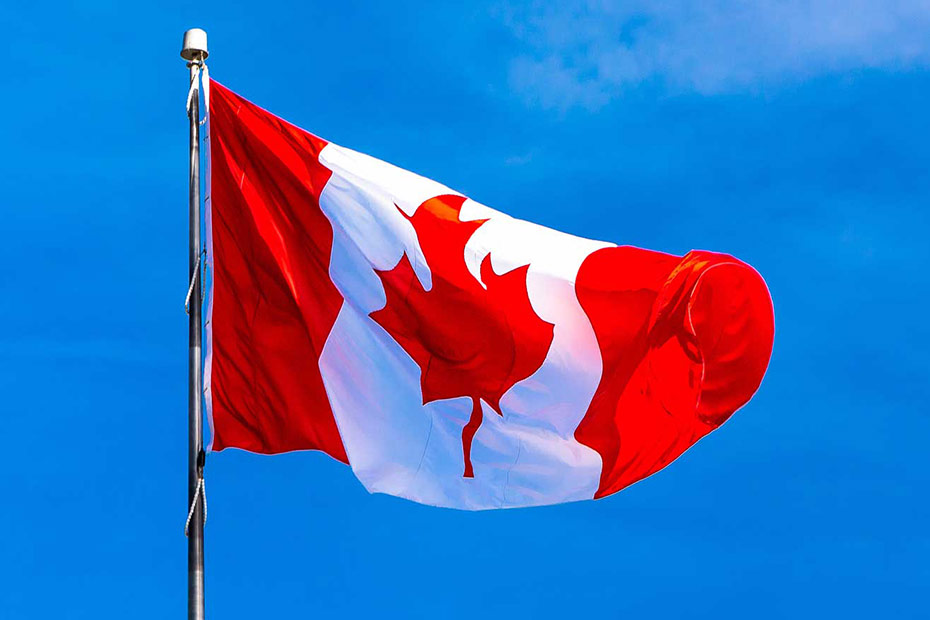Published November 4, 2020 • 2 Min Read
Every year, Canada welcomes thousands of newcomers from all around the world. While moving you and your family across the world is not easy, establishing a routine would help in settling and integrating to life in Canada, setting you and your family up for success from the beginning.
The first 100 days are important. Here are a few things to consider when you first arrive:
Make a Visit to Your Local Government Service Office
To apply for important government issued documents you need including:
-
Social Insurance Card (SIN Card): a nine-digit you will need this number to work in Canada or to apply for government programs and benefits. Find a Service Canada Office near you to get started.
-
Health Card: Healthcare is likely different in Canada than it is back home. With your health card, you will be covered for a range of services. The next big step is finding out what additional insurance you may need, and other healthcare providers including a family doctor in your community.
-
Driver’s License: The process for getting a driver’s license in Canada depends on the province or territory in which you live and on your driving background. Learn more here.
Open up your first Canadian bank account and start building credit history right away
Credit and credit history is needed in Canada for bigger purchases like a home or car, but may also be required for cell phone bills, rent and others monthly expenses. To find out additional information about banking as a newcomer, set up an appointment with a RBC Newcomer Advisor here.
Start building a social network in your new community
There are lots of free services and community organizations for newcomers. You can even start researching before arrival to set up meetings and social events upon in advance. Visit the Canadian Immigration website for more information on what’s available in your new community.
Stay in touch with your roots by joining cultural associations
This familiarity may help with the transition to life in Canada and you will meet new friends along the way.
Moving to a new country requires a significant adjustment. Preparing before you leave and knowing how to effectively settle into a routine upon your arrival will facilitate the transition.
“Please visit the RBC Newcomers Hub for more useful advice on easing the transition of moving to Canada.”
This article is intended as general information only and is not to be relied upon as constituting legal, financial or other professional advice. A professional advisor should be consulted regarding your specific situation. Information presented is believed to be factual and up-to-date but we do not guarantee its accuracy and it should not be regarded as a complete analysis of the subjects discussed. All expressions of opinion reflect the judgment of the authors as of the date of publication and are subject to change. No endorsement of any third parties or their advice, opinions, information, products or services is expressly given or implied by Royal Bank of Canada or any of its affiliates.






